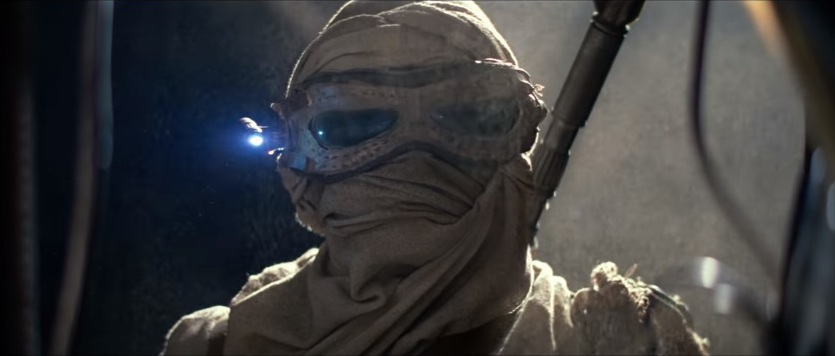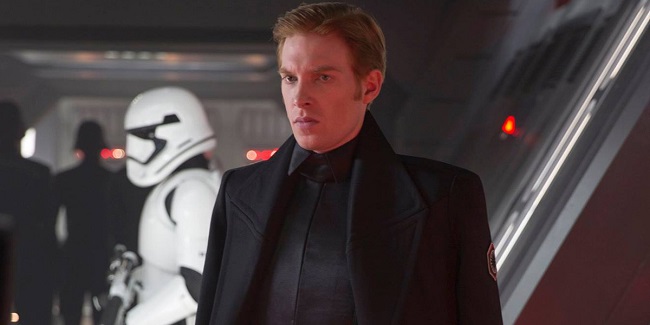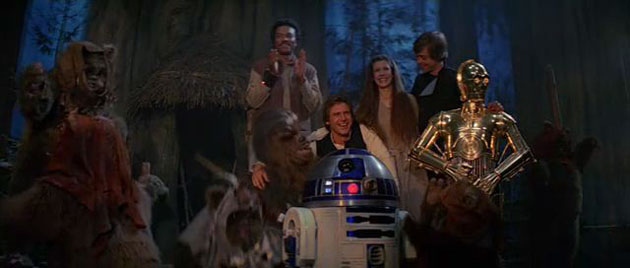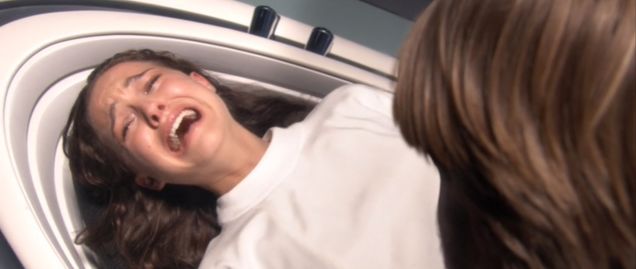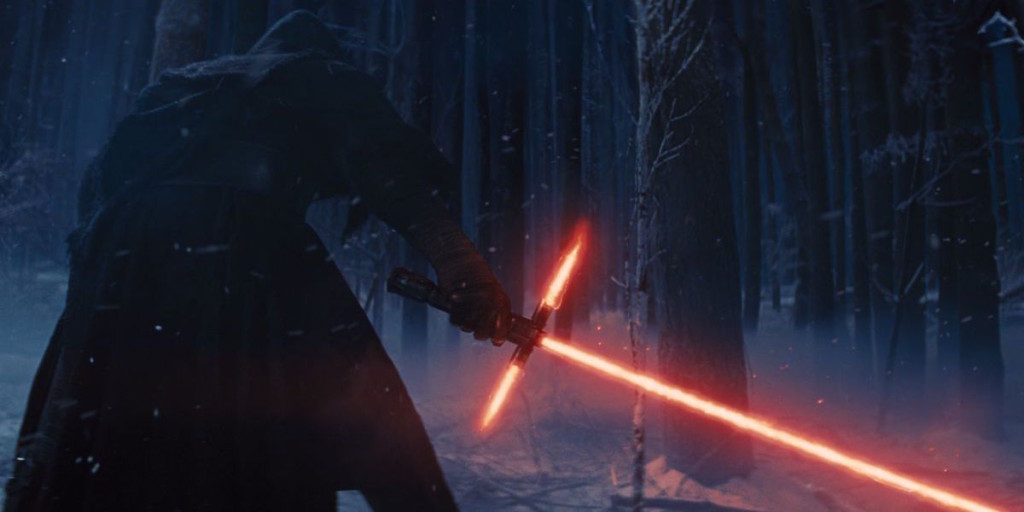
Though Anakin Skywalker has been dead for thirty years, the specter of his memory still looms over the Star Wars universe. His shadow is most obviously personified by his grandson: Kylo Ren, a young fanatic seduced by the dark side, obsessed with Vader’s exploits, and striving to live up to Vader’s legacy. A Skywalker, powerful in the Force, and obsessed with power and willing to hurt those he loves to get it. It seems like Kylo is well on his way to filling Vader’s boots.
The comparison between Vader and Kylo is an interesting one because while their narratives seem alike on the surface, a deeper look reveals that not to be the case at all. Sure, they both crave power from the dark side, they’re both angsty, they have scary masks, and they both see no problem in hurting those they care about in their quest for power and glory. But, for all Kylo’s Vader fanboyism and desire to emulate his grandfather, the two characters actually share very few similarities when it comes to their pursuit of power. And that is going to play a key role in how their redemption narratives play out.
Obviously we know very little about the details of Ben’s backstory, so a significant part of this is based on speculation drawn from context clues present in The Force Awakens. But based on what we see of Kylo and what we can surmise about the state of the galaxy, it’s clear that Vader and Kylo are actually quite different in how they fell to the dark side. And that difference is due to a couple key aspects of their pre-dark side selves, Anakin and Ben.
